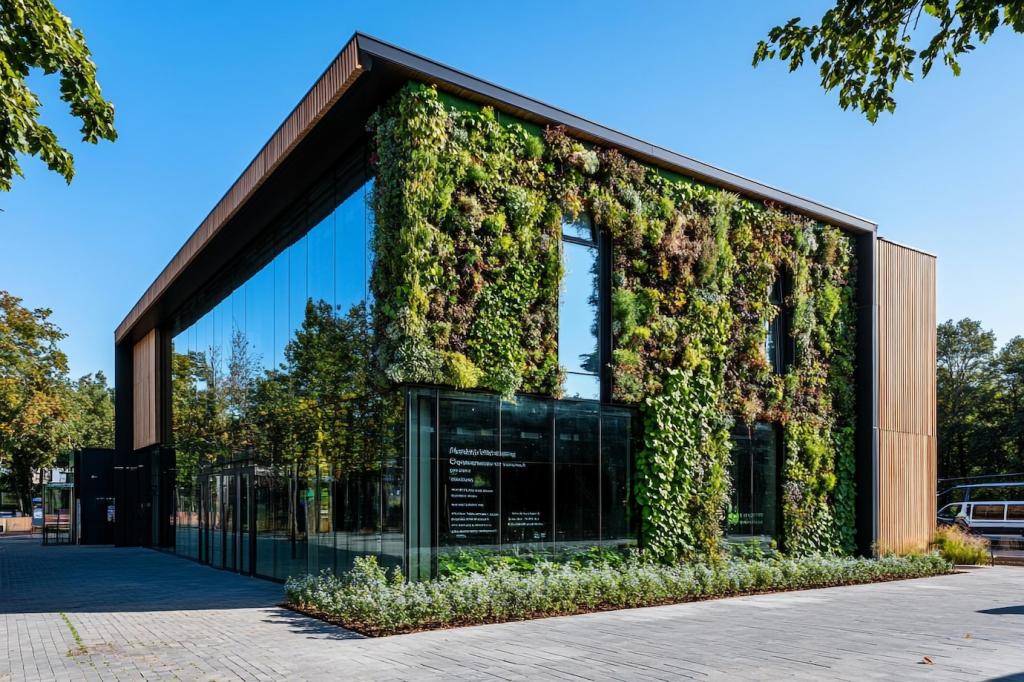Solar Energy Solutions for Home Renovation
Harnessing the power of the sun has become an essential step for homeowners aiming to modernize their properties while reducing their environmental impact. Solar energy solutions are not only efficient and cost-effective but also align perfectly with renovation projects focused on sustainability and long-term savings. Incorporating solar panels and other solar technologies during a renovation maximizes efficiency, increases property value, and offers a path towards cleaner living. This page explores the fundamental aspects you need to consider when integrating solar energy into your next home renovation.

Benefits of Solar Integration in Home Renovation
Financial Savings and Increased Home Value
One of the most significant motivations for adopting solar solutions is the potential for reduced monthly utility bills. By generating their own electricity, homeowners can offset energy costs immediately, and any excess can sometimes be sold back to the grid. Over time, these savings add up, often covering the initial investment. Homebuyers are also increasingly seeking properties with green features, leading to higher resale values and a competitive edge in the market.

Key Considerations for Solar Retrofits
Roof Suitability and Structural Assessment
Before installing solar panels, it’s vital to assess whether your roof can support them safely and efficiently. Factors like angle, orientation, shading, and structural integrity all impact how well your solar system will perform. A professional assessment will determine if roof repairs or upgrades are necessary during renovation, and help identify the most productive spots for panel placement for maximum sun exposure.
Electrical System Upgrades and Safety
Integrating solar technology often requires updates to your home’s existing electrical infrastructure. This may involve installing new wiring, updating your electrical panel, or adding safety disconnects. Ensuring your electrical system is capable of handling the new energy generation is key for safety and performance. Consult with licensed electricians experienced in solar installations to ensure all components meet current regulations and standards.
Local Regulations and Incentives
Legal requirements and financial incentives vary widely depending on your location. Zoning laws, permit processes, and homeowner association rules can all affect your solar renovation plans. Researching available tax credits, rebates, and grants can make your project more affordable and open up additional financing options. Engaging with professionals familiar with local codes can streamline the paperwork and keep your renovation on schedule.

Photovoltaic Panels and Inverters
Photovoltaic (PV) panels are the most common and visible element of most home solar systems. Advances in panel efficiency mean they can generate more electricity from less sunlight, even in less-than-ideal conditions. Pairing the right panels with efficient inverters maximizes usable energy. Today’s inverters offer smart features, tracking performance and integrating with home automation systems, which can optimize your energy use during and after renovation.

Solar Water Heating Systems
While most people associate solar with electricity production, solar water heaters provide another valuable solution for renovations. These systems harness the sun’s energy to heat water for domestic use, reducing reliance on conventional heaters. They can be seamlessly built into a renovation project, offering significant energy savings, especially in regions with consistent sunshine. The technology is robust, easy to maintain, and can dramatically reduce household energy consumption.

Battery Storage and Smart Energy Management
Modern solar solutions can be paired with battery storage to save excess energy for use at night or during outages. Integrating a battery bank during a renovation ensures energy resilience and further reduces dependency on the grid. Coupling this with a smart home energy management system allows for real-time monitoring, optimizing energy flows, and maximizing self-consumption. These innovations together future-proof your home and provide peace of mind regardless of external factors.
